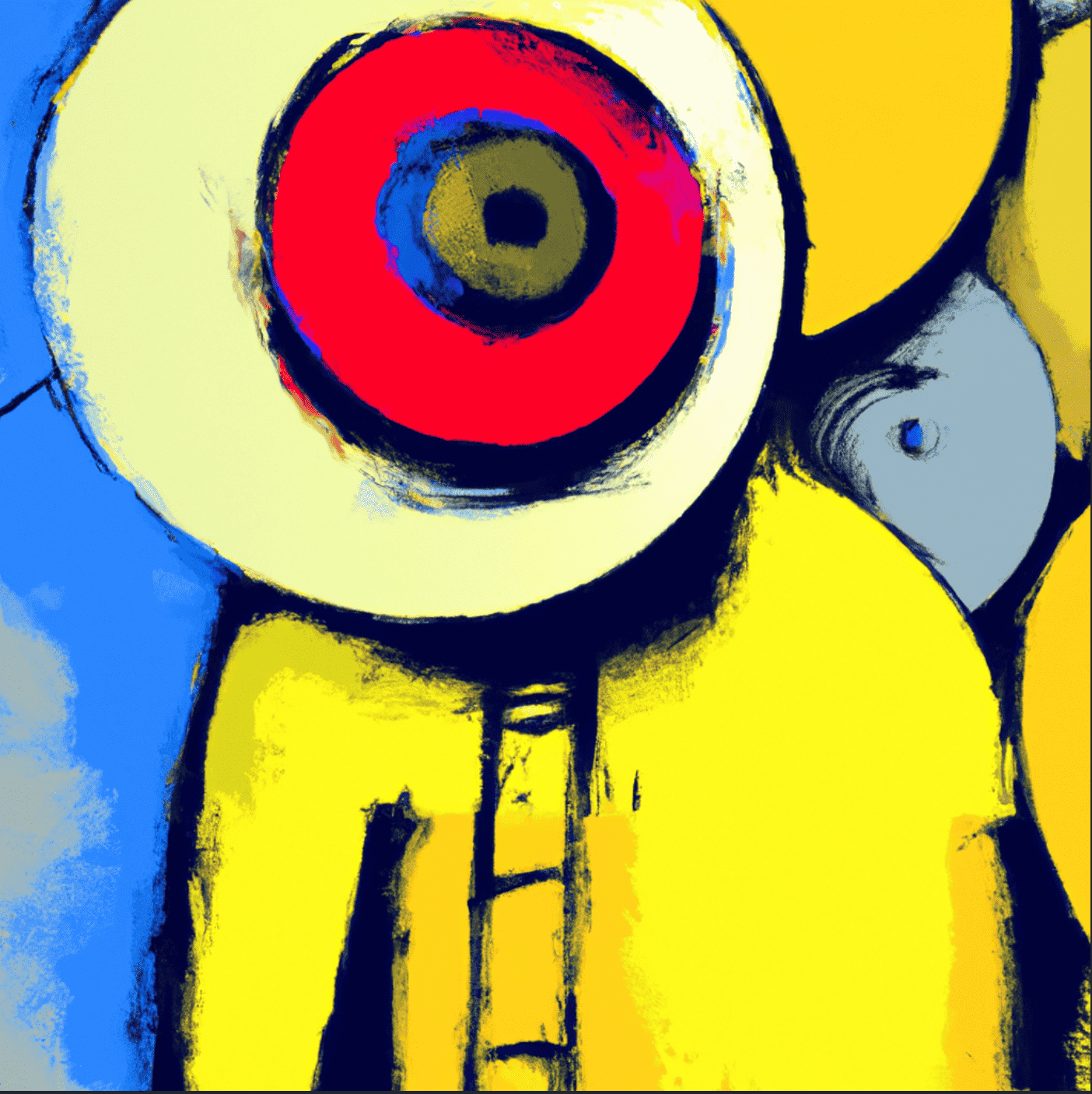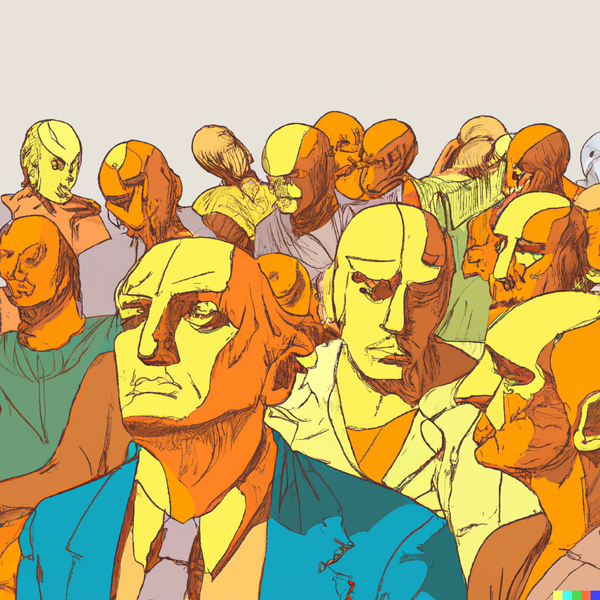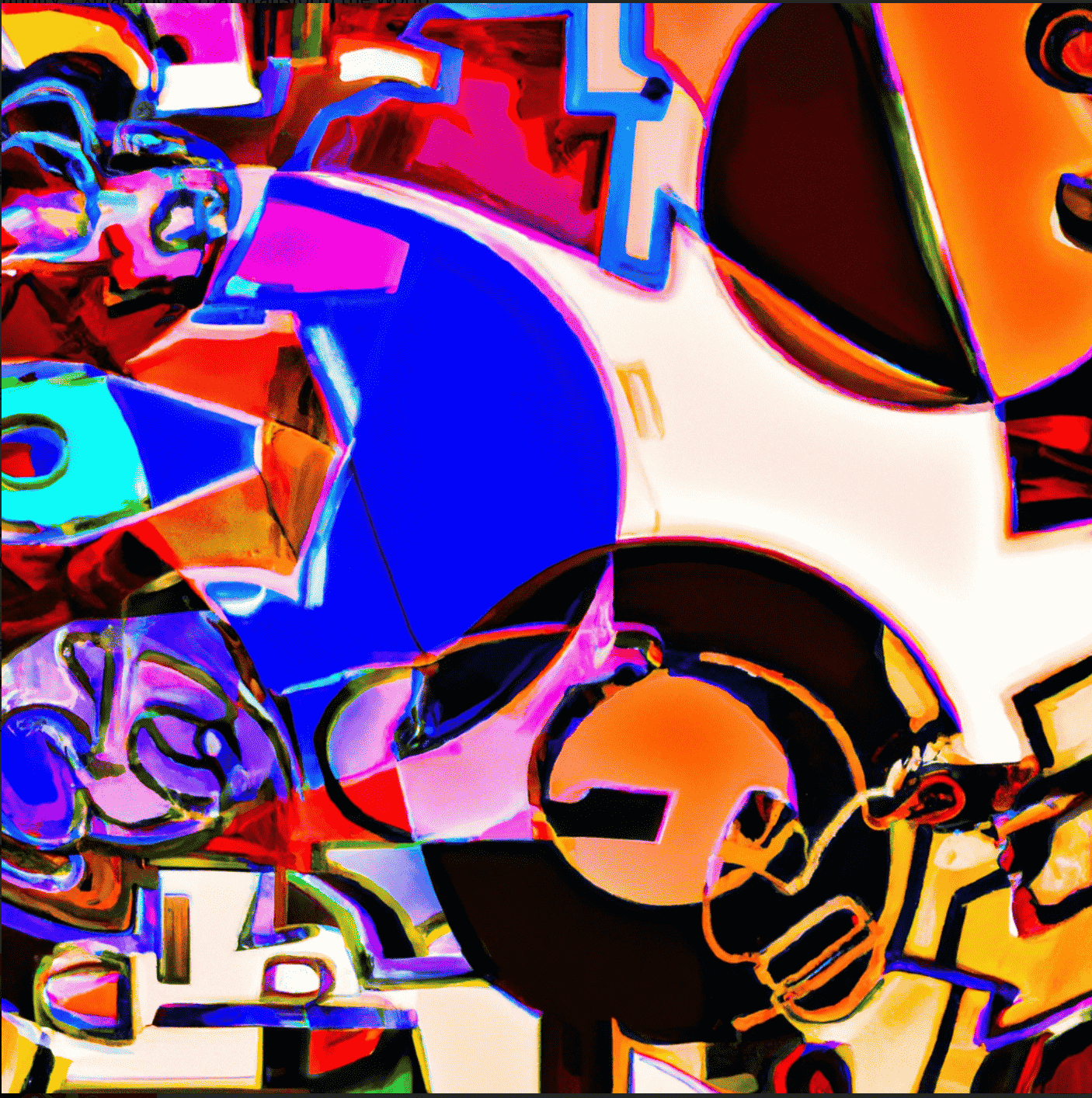
authors-at-the-water-cooler
Authors at the Water Cooler: The Masochist's Inbox
we fetishize the pain of never reaching inbox zero because it proves to ourselves that we still matter

authors-at-the-water-cooler
we fetishize the pain of never reaching inbox zero because it proves to ourselves that we still matter

authors-at-the-water-cooler
eyes tell lies about the spheres in the skies

authors-at-the-water-cooler
To keep a journal you must own it

authors-at-the-water-cooler
what if it turns out music is writing the musician?

authors-at-the-water-cooler
"Take Me to Work" - Hozier Remix

authors-at-the-water-cooler
you cant run away forever!

authors-at-the-water-cooler
i have to see it to believe it